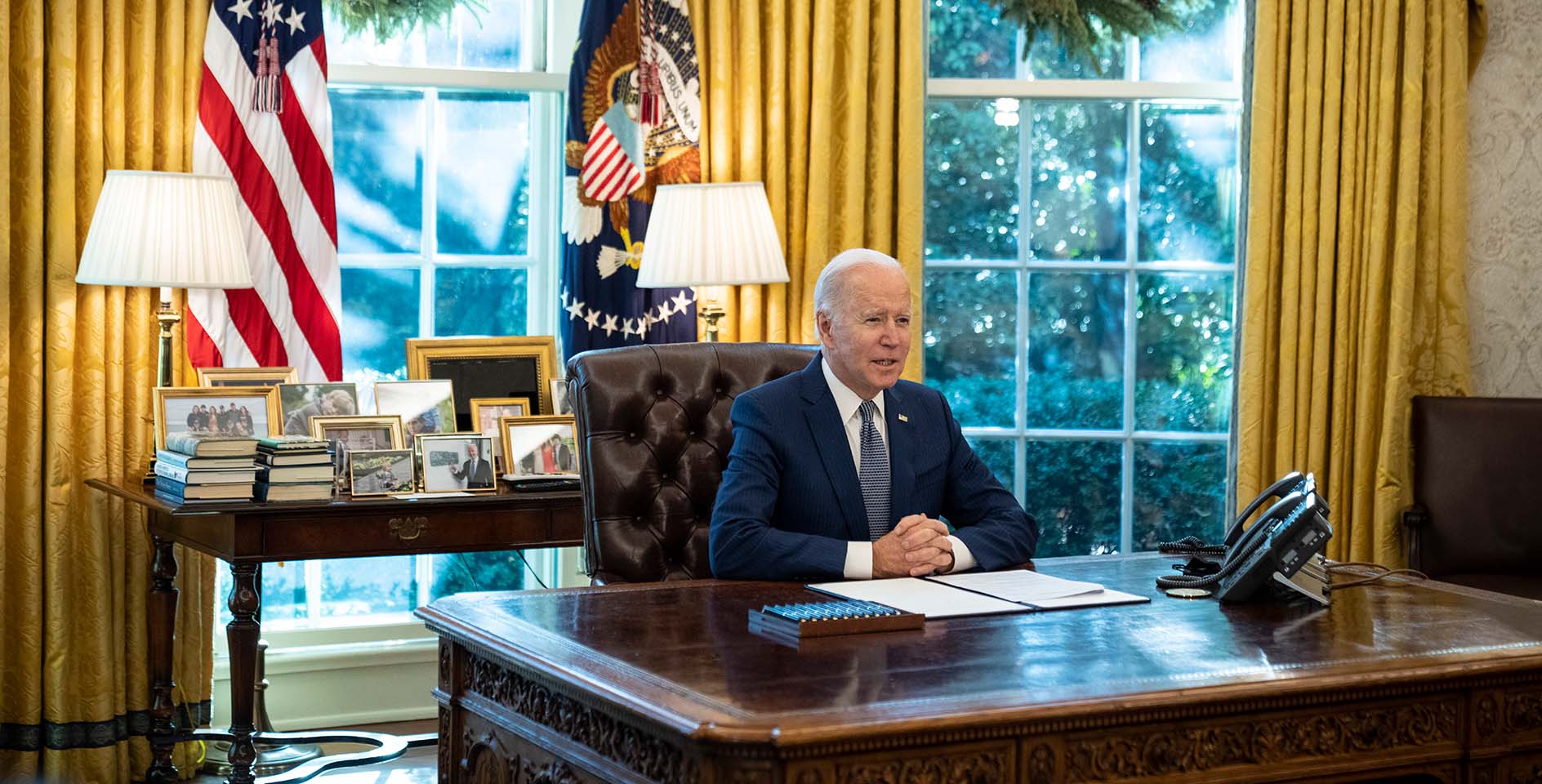Parents are increasingly concerned that their role as primary directors of their children’s upbringing is being undermined and even usurped by public school systems.
The concern is well-founded. Taking just one example, ideological instruction on gender identity has exploded nationwide, with controversies arising from New Jersey to California, and in heartland states like Kansas in between. Despite content that is highly controversial, such instruction is often thoroughly integrated into the schools, across a wide range of curricula, and even in the youngest grades. Parents are sometimes warned in advance of what will be taught in their child’s classroom, but often they are not. And even when they are notified, they are more frequently unable to opt-out.
The lack of notice does not stop at curriculum, either. Many schools are also withholding critical information from parents about their children’s health and well-being. It is estimated that nearly 11 million students currently attend schools in districts where policies encourage or require district personnel to keep a student’s transgender conduct or status hidden from parents.1www.defendinged.org/ investigations/list-of-school-district-transgender-gender-nonconforming-student-policies/
Most parents agree that children should be taught to treat others with dignity and respect. But they also want schools to respect parents’ role in making key decisions concerning how and when their children are taught about personal and sensitive topics, including gender and sexuality.
Mahmoud v. McKnight
Unfortunately, many schools do not respect the role or rights of parents. That is why my law firm, Becket, is currently representing parents of pre-K and elementary-aged children in Maryland in a case called Mahmoud v. McKnight, challenging the Montgomery County School Board’s mandatory, one-sided gender ideology in federal court.2https://www.becketlaw.org/case/mahmoud- v-mcknight/
In the fall of 2022, the school board announced over 20 new “inclusivity” books that would be introduced in its pre-K through eighth-grade classrooms. One book called “Pride Puppy!” introduces 4 year olds to Pride parades and encourages them to look for images of a “[drag] queen,” “leather,” “underwear,” and “Marsha P. Johnson,” a controversial LGBTQ activist and sex worker. Another book advocates a child-knows-best approach to gender transitioning. Teachers are instructed to tell students that doctors only “guess” a baby’s sex at birth. Another book introduces words like “nonbinary” and “cisgender” and asks children which pronouns fit them best.
The board’s own elementary school principals objected to the new books, expressing concern that they “[s]tated as fact” things that many “would not agree [are] fact” and were “age-inappropriate,” “shaming” to children who disagreed, and “dismissive of religious beliefs.” They further warned it was “problematic to portray elementary-aged children falling in love with other children, regardless of sexual preferences.”
When the books were first announced, the board assured hundreds of concerned parents that, under Maryland’s longstanding parental notification law and the board’s own religious diversity guidelines, they would be notified when the books would be read and have the ability to opt their children out.
However, in March of 2023, the board abruptly changed course, announcing it would no longer honor parental opt-out requests or even notify the parents of more than 70,000 elementary kids when their children would be exposed to the Pride storybooks. The board’s internal documents show that it changed course because it wants to “disrupt” the “either/or thinking” of children on issues of gender and sexuality, acknowledging that such teaching may not be “easily contravened by their parents.”
The parents refused to take the board’s decision as the final word.
Courageous mothers and fathers from a variety of faith backgrounds—including Muslims, Catholics, Jews, and Christians—have united in seeking to guarantee their children an age-appropriate education that does not violate their religious beliefs and practices. Though coming from many different faiths, they are united in protecting the right of all parents to direct their children’s religious and intellectual education on such sensitive matters regarding family life and human sexuality.
The Protection of Parental Right
The First Amendment to the U.S. Constitution protects the rights of parents to direct the religious upbringing of their children. The Supreme Court has long recognized that “the child is not the mere creature of the State.”3Troxel v. Granville, 530 U.S. 57, 65 (2000), quoting Pierce v. Soc’y of Sisters, 268 U.S. 510, 535 (1925). The court recently re-affirmed that principle, explaining that there is an “enduring American tradition” that has “long recognized the rights of parents to direct the religious upbringing of their children.”4Espinoza v. Montana Dep’t of Revenue, 140 S.Ct. 2246, 2261 (2020).
Parents have the right to make key decisions about the education of their children on delicate and controversial topics—especially where curriculum conflicts with sensitive and deeply held religious beliefs of a child’s family.
Individual Supreme Court justices have also confirmed that a parent’s role is superior to those of school administrators. For example, Justice Alito warned of the follies that come with viewing public education as a mere delegation from parents to school administrators: “It is a dangerous fiction to pretend that parents simply delegate their authority—including their authority to determine what their children may say and hear—to public school authorities.”5Morse v. Frederick, 551 U.S. 393, 424 (2007) (Alito, J., concurring)
Children’s most powerful advocates are their parents. And children are entitled to the guidance of their own parents on such critical matters. Parents with children in public schools have many tools at their disposal to support their children. They should:
- Be aware of state laws on parental notice and opt-outs;
- familiarize themselves with school policies on notice and religious accommodation;
- be involved in the democratic processes that impact local education policies;
- communicate with other like-minded parents;
- and know that there are Constitutional grounds to respectfully, but firmly, protect children from content that is harmful or contrary to their religious beliefs.
We are optimistic that the parents and families of Montgomery County will ultimately prevail in their case. If they do, it will be powerful precedent that other states—including states without general notice and opt-out laws—must also notify parents that sensitive content surrounding sexuality and gender will be introduced in the classroom and that the parents must have the opportunity to choose whether their children will participate.
The end of this story has yet to be written. But a victory in court for the parents of Montgomery County will also set a standard for parents of public school children around the country who are similarly concerned about whether or not their children’s schools and teachers will respect their rights as parents.
Case updates in Mahmoud v. McKnight can be found at https://www.becketlaw.org/case/mahmoud-v-mcknight/.









